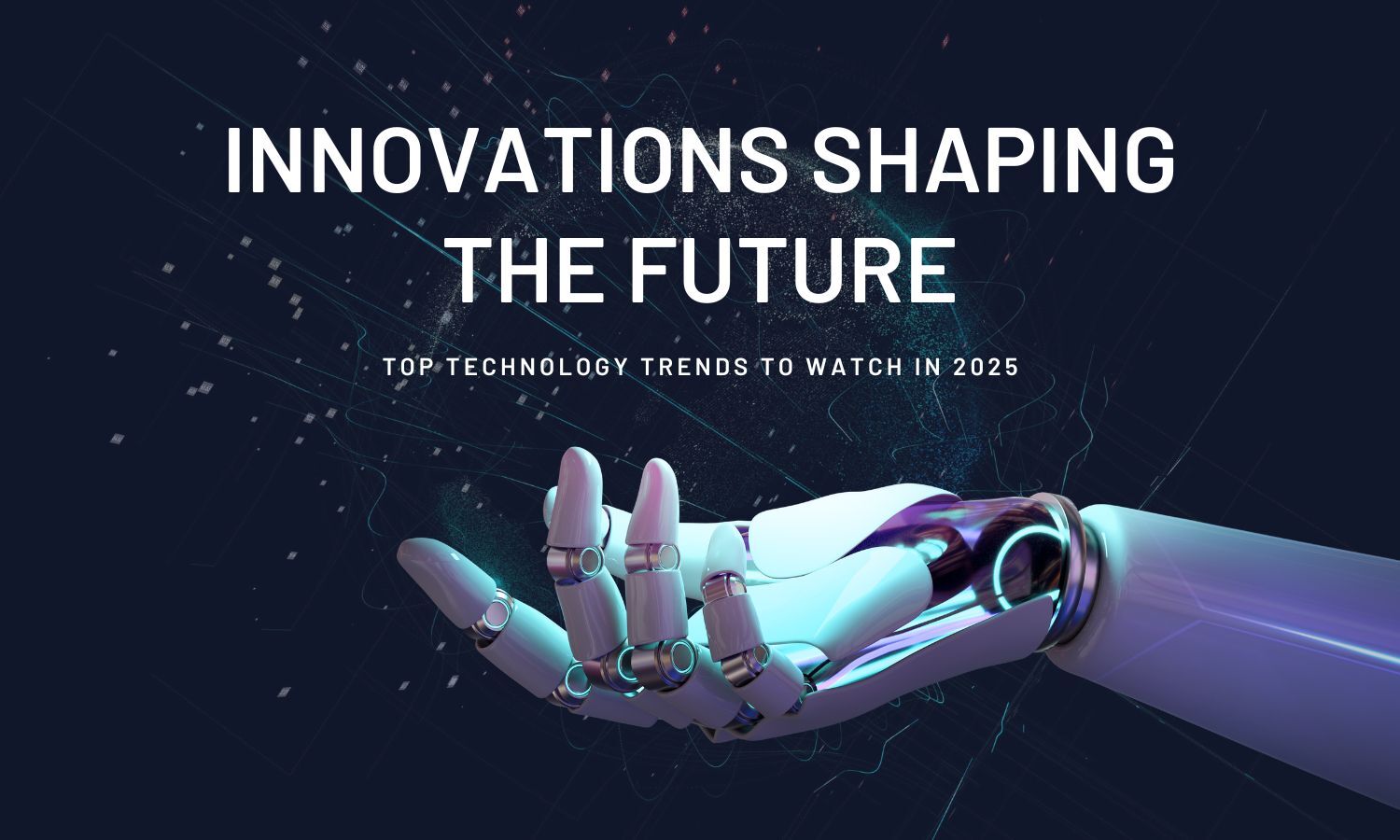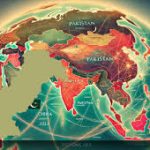Introduction
The year 2025 has proven to be a watershed moment for information technology. Rapid advancements in artificial intelligence, cloud computing, quantum technology, and blockchain are reshaping how businesses, governments, and individuals interact with technology. In Kuwait, these IT innovations are accelerating economic diversification, enhancing governance, and transforming industries ranging from healthcare to finance. Globally, IT is redefining the boundaries of what is possible, setting the stage for unprecedented technological and economic growth.
- Introduction
- Artificial Intelligence and Automation
- Quantum Computing Applications
- Cloud Computing and Digital Infrastructure
- Blockchain and Financial Innovation
- Cybersecurity in a Hyperconnected World
- Internet of Things (IoT) and Smart Cities
- IT and Economic Diversification
- Global Trends and Kuwait’s Integration
- FAQs
- Conclusion
Artificial Intelligence and Automation
Artificial intelligence (AI) remains the most transformative force in IT in 2025. AI systems are now capable of analyzing vast amounts of data, predicting trends, and making real-time decisions in ways that were unimaginable a decade ago.
In Kuwait, AI is being used to optimize traffic systems, enhance public safety, and streamline government services. Predictive analytics help local businesses forecast market trends, improve supply chains, and deliver more personalized customer experiences. Automation powered by AI also reduces operational costs, allowing companies to redirect human talent toward innovation and creativity.
Quantum Computing Applications
Quantum computing has transitioned from a theoretical concept to practical applications in 2025. Globally, quantum machines are solving complex problems in cryptography, logistics, and scientific research.
For Kuwait, quantum computing offers opportunities to optimize energy production, improve financial modeling, and enhance cybersecurity measures. While large-scale deployment is still in the early stages, regional universities and research centers are actively exploring quantum algorithms and building expertise to prepare for widespread adoption.
Cloud Computing and Digital Infrastructure
Cloud computing continues to be a backbone for IT innovation. By 2025, cloud platforms are providing scalable, secure, and cost-effective solutions for businesses and government agencies alike.
Kuwait has invested in cloud infrastructure to support e-governance initiatives, enable remote work, and facilitate data-driven decision-making. These investments allow organizations to harness real-time analytics, streamline operations, and create robust digital ecosystems that connect citizens, businesses, and institutions seamlessly.
Blockchain and Financial Innovation
Blockchain technology has moved beyond cryptocurrencies to impact supply chains, healthcare, and government services. In Kuwait, blockchain solutions are being implemented for secure financial transactions, identity verification, and transparent record-keeping.
Banks are increasingly adopting blockchain for faster cross-border payments, enhanced security, and reduced fraud. The technology also fosters trust between citizens and institutions by providing immutable records of transactions and interactions.
Cybersecurity in a Hyperconnected World
With greater reliance on IT comes greater risk. Cybersecurity is a top priority for governments, corporations, and individuals. In 2025, cyber threats are more sophisticated, leveraging AI-driven attacks, ransomware, and state-sponsored espionage.
Kuwait has developed advanced cybersecurity frameworks to protect critical infrastructure, financial institutions, and personal data. Public awareness campaigns, government regulations, and industry collaboration are all part of the strategy to safeguard the nation in an increasingly connected world.
Internet of Things (IoT) and Smart Cities
The Internet of Things (IoT) is revolutionizing urban living. Smart sensors, connected devices, and real-time monitoring systems are creating intelligent environments that improve efficiency and quality of life.
Kuwait’s urban centers are adopting smart city technologies to manage traffic, monitor energy usage, and enhance public services. IoT platforms also support healthcare, enabling remote monitoring of patients and proactive interventions. These systems demonstrate how IT can create a more sustainable and responsive urban ecosystem.
IT and Economic Diversification
Technology is central to Kuwait’s Vision 2035, which seeks to reduce dependence on oil revenue and create a diversified, knowledge-based economy. IT innovations are fueling sectors such as fintech, e-commerce, healthcare, and renewable energy.
By fostering startups, investing in tech education, and partnering with global IT companies, Kuwait is positioning itself as a regional leader in digital transformation. These initiatives create jobs, attract investment, and ensure the country remains competitive in the global economy.
Global Trends and Kuwait’s Integration
Kuwait is not operating in isolation. Global IT trends, including AI-driven healthcare, autonomous vehicles, and blockchain governance, influence local strategies. The government encourages collaboration with international technology firms and research institutions to leverage best practices and accelerate innovation.
This global integration ensures that Kuwait benefits from cutting-edge technologies while contributing to regional and international IT ecosystems.
FAQs
Q1: How is AI being used in Kuwait in 2025?
AI is optimizing traffic, enhancing public safety, improving supply chains, and streamlining government services.
Q2: What role does quantum computing play in IT?
Quantum computing helps solve complex problems in cryptography, logistics, energy optimization, and financial modeling.
Q3: How is blockchain applied beyond cryptocurrency?
Blockchain supports secure financial transactions, transparent record-keeping, identity verification, and supply chain tracking.
Q4: What measures is Kuwait taking for cybersecurity?
Kuwait implements advanced frameworks for critical infrastructure, public awareness campaigns, regulations, and industry collaboration.
Q5: How is IT supporting Kuwait’s economic diversification?
Through startups, tech education, global partnerships, and innovation in fintech, healthcare, e-commerce, and renewable energy.
Conclusion
Information technology in 2025 is transforming the way nations operate, businesses compete, and citizens live. In Kuwait, IT innovations in AI, quantum computing, blockchain, cloud computing, and IoT are fueling economic growth, enhancing governance, and improving quality of life.
The integration of global trends ensures that Kuwait remains at the forefront of technological adoption while maintaining a focus on sustainability, security, and economic diversification.
As technology continues to evolve, Kuwait’s proactive approach to IT innovation positions it as a regional leader, prepared to navigate the challenges and opportunities of a digitally connected world.









